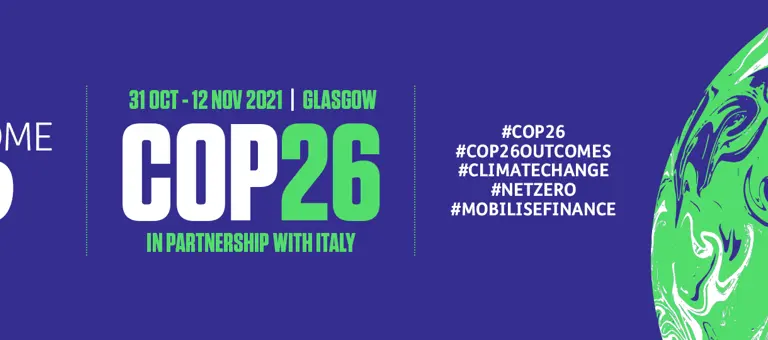
COP26 Outcomes #9: Unblocking investment
29 October 2021
The scale and pace of investment that is needed over the next 30 years to meet our net zero commitments globally will test the conventional thinking on infrastructure investment, the allocation of risk in these projects and the political commitment from governments.
There will be a constant evolution of the political landscape, but investors will be seeking long-term commitments that endure across different electoral cycles. Whilst GB has a long history of ‘grand-fathering’ infrastructure investment, other (equally mature) markets have previously reneged on long-term contractual commitments–particularly in the face of rising consumer costs. Attracting new finance will need a considered approach to support the unblocking of green investment.
There will be the challenge to make sure the commitments made by current governments are not unpicked by future leaders, and that they build upon progress already made. We cannot afford further uncertainty for investors globally. All nations need to prioritise long-term sustainability over near-term affordability in the energy trilemma.
Follow Baringa Partners on LinkedIn for more updates and thoughts on the run up to the COP26 conference and our obseravations and take-aways during the event itself.
More from the series
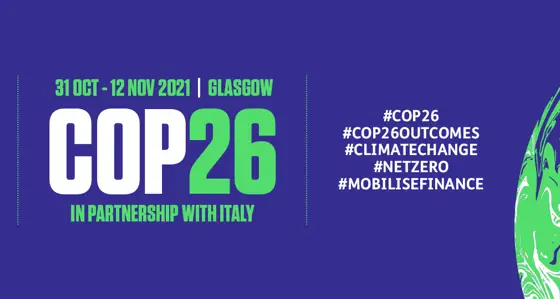
COP26 Outcomes #1: From strategy to action
COP26’s legacy will be seen in whether it has long-lasting impact on our journey to net zero. It must be a turning point where strategy becomes delivery.
Read more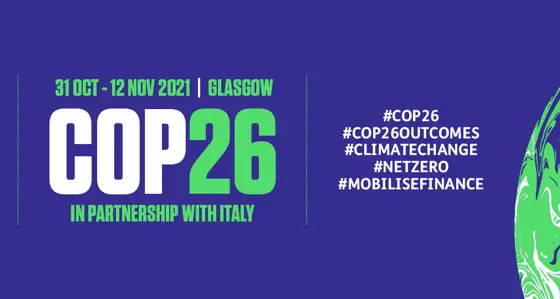
COP26 Outcomes #10: Post COP legacy
Glasgow’s legacy will be seen in how the conversation on our journey to net zero changes. Is this the point at which the major nations get serious?
Read more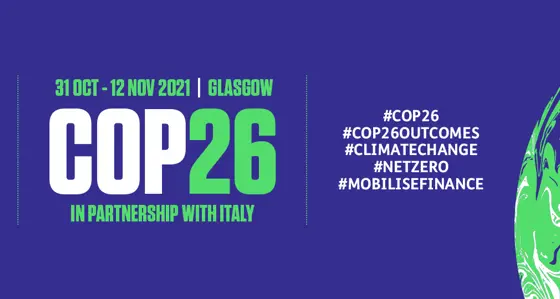
COP26 Outcomes #7: Global systems thinking
The low carbon energy systems of the future will become increasingly interconnected
Read more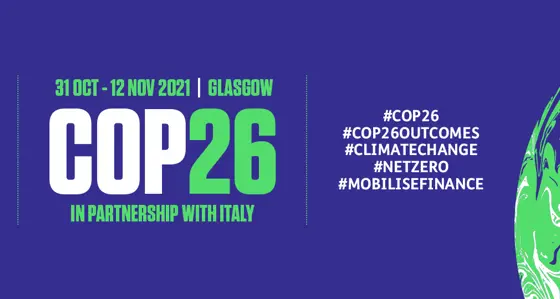
COP26 Outcomes #6: Integrity of change (greenwashing)
Inconsistency and a lack of transparency in sustainable finance raises concerns that the practice is open to widespread abuse.
Read moreIs digital and AI delivering what your business needs?
Digital and AI can solve your toughest challenges and elevate your business performance. But success isn’t always straightforward. Where can you unlock opportunity? And what does it take to set the foundation for lasting success?